DJ Equipment
1-21 of 21 productsFilter
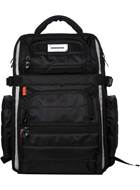
Mono Flyby DJ Bag Black
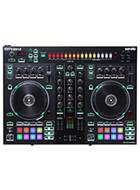
Roland DJ-505 DJ Controller
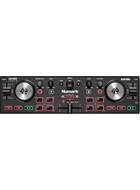
Numark DJ2GO2 Touch
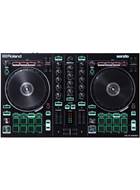
Roland DJ-202 DJ Controller
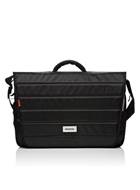
Mono Kontroller DJ Bag Black
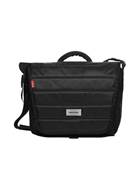
Mono Fader DJ Bag Black
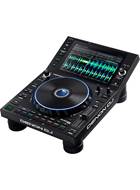
Denon SC6000 Prime Standalone Professional DJ Media Player
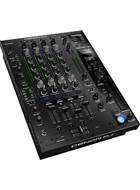
Denon X1850 Prime Professional 4-Channel DJ Club Mixer
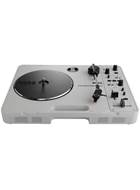
Korg handytraxx play
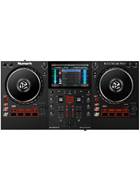
Numark Mixstream Pro + Streaming DJ Controller
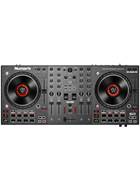
Numark NS4FX 4-Deck Professional DJ Controller
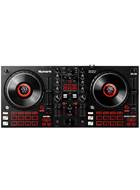
Numark Mixtrack Platinum FX 2 Channel / 4 Deck Serato DJ Controller
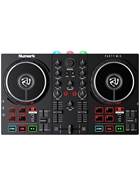
Numark Party Mix II 2-Channel DJ Controller
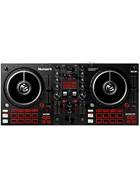
Numark Mixtrack Pro FX DJ Controller
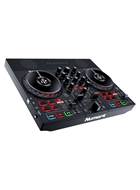
Numark Party Mix Live DJ Controller
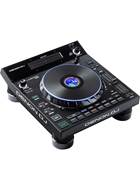
Denon LC6000 Prime Performance Expansion Controller
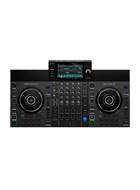
Denon DJ SC LIVE 4 Standalone DJ Controller
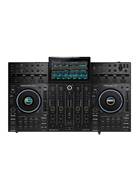
Denon DJ PRIME4+ Standalone DJ System
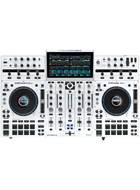
Denon DJ PRIME4+ White Standalone DJ System
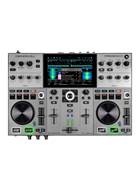
Denon DJ PRIME GO+
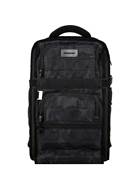
Mono FlyBy Ultra Camo
About DJ Equipment
DJ Equipment allows you to segue between two pieces of music, or layer the two as is commonly done by techno and electro DJs. Whether you're looking to play for your own enjoyment, for an audience or for broadcast, DJ equipment gives you the tools needed to create your own unique mixes. DJ Setups can use a mix of sources like vinyl records, CDs and even software to create your own custom mixes and can also let you add effects for unique variations. While software is commonly controlled via a DJ controller, it can also be controlled using a vinyl turntable with a special record that plays a timecode into your software, this allows you to control your audio files exactly like you can with a record, including scratching and spinning backwards. If you're looking to enter into the world of DJing or to upgrade your existing setup, we've got the DJ equipment you need.
Why Should I Choose DJ Equipment?
- Play your favourite music to an audience
- Seamlessly create a continuous stream of music
- Mix two pieces of music together

